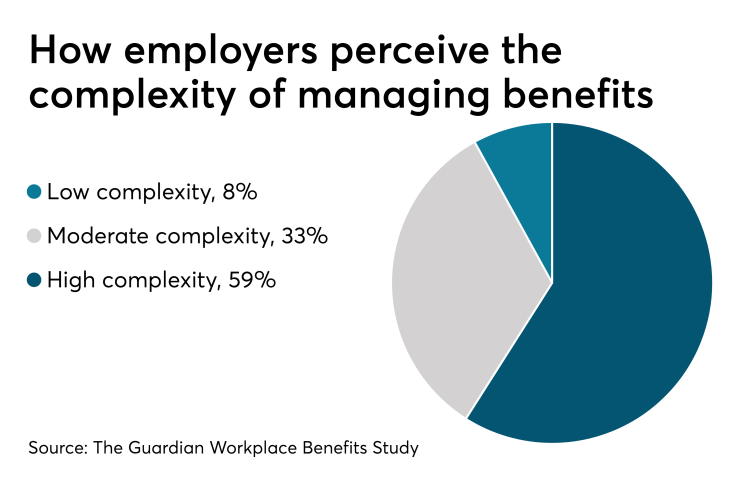Chefs working on the front lines of restaurants don’t always have the immediate opportunity to knock on their HR department’s door and report a conflict at work.
Stacey Payne, chief people officer of Dig Inn, a New York-based fast casual restaurant chain, has seen this issue first hand. Payne, who previously served in an HR role and consulted for Chipotle and Taco Bell, thought that there must be a way to reach food service employees where they are — in the kitchen.
So Payne decided to bring on board a tool that could help Dig Inn’s roughly 1,000 employees talk out any work-related issues, whenever and wherever, they needed it.

“When you’re a chef you get up early, you’re grinding things out, you’re raised in an environment in the culinary world [where] you don’t say no,” she says. “It’s an intense environment, and we want to break that mold.”
In March, Dig Inn rolled out Bravely to a portion of its workers. Bravely is a mobile app, launched in 2017, that allows workers to have confidential conversations with third-party professional coaches. So far the tool is being used by more than 125 of Dig Inn’s salaried workers. Payne first discovered Bravely during an HR dinner hosted by the tech company in New York and she also launched the tool with employees at Chipotle.
Bravely helps workers get assistance for issues that may arise at work. Employees using the app can chat with coaches about anything from performance and job growth, to feeling overwhelmed on the job, says Sarah Sheehan, co-founder of Bravely.
“Restaurants in particular have unique challenges because they have leaders in the field that are facing [issues] that come up everyday and they don’t have the opportunity to go into their managers office, or go talk to their HR business partner, the same way someone sitting in an office would,” Sheehan says.
Employers including Zillow Group, talent management tool Hireology and note taking app Evernote, are offering Bravely as a benefit to their employees. The app is priced per employee and typically a large portion of the workforce has access, Sheehan says.
More companies have been exploring coaching benefits for employees. For example, global food, petcare and confectionary giant
“When we look at having a really multi-tiered approach to developing those associates over time, coaching becomes one of those critical elements,” Davies says.
Sheehan says it can be refreshing for workers to talk to someone outside of the company about an issue they are experiencing at work. When an employee has a problem, it’s often good for them to talk it out. When workers hold in issues they are having, it can result in increased stress and declines in productivity, she adds.
“Bravely is that first step so people can get support,” she says. “But it doesn’t take the place of speaking with a manager or HR.”
Payne says it’s important for Dig Inn to provide tools that help workers be their best selves. “We have a value at Dig Inn, called ‘take care of yourself so you can take care of others,’” she says. “It’s really important for us to provide ways for people to actually do that.”





